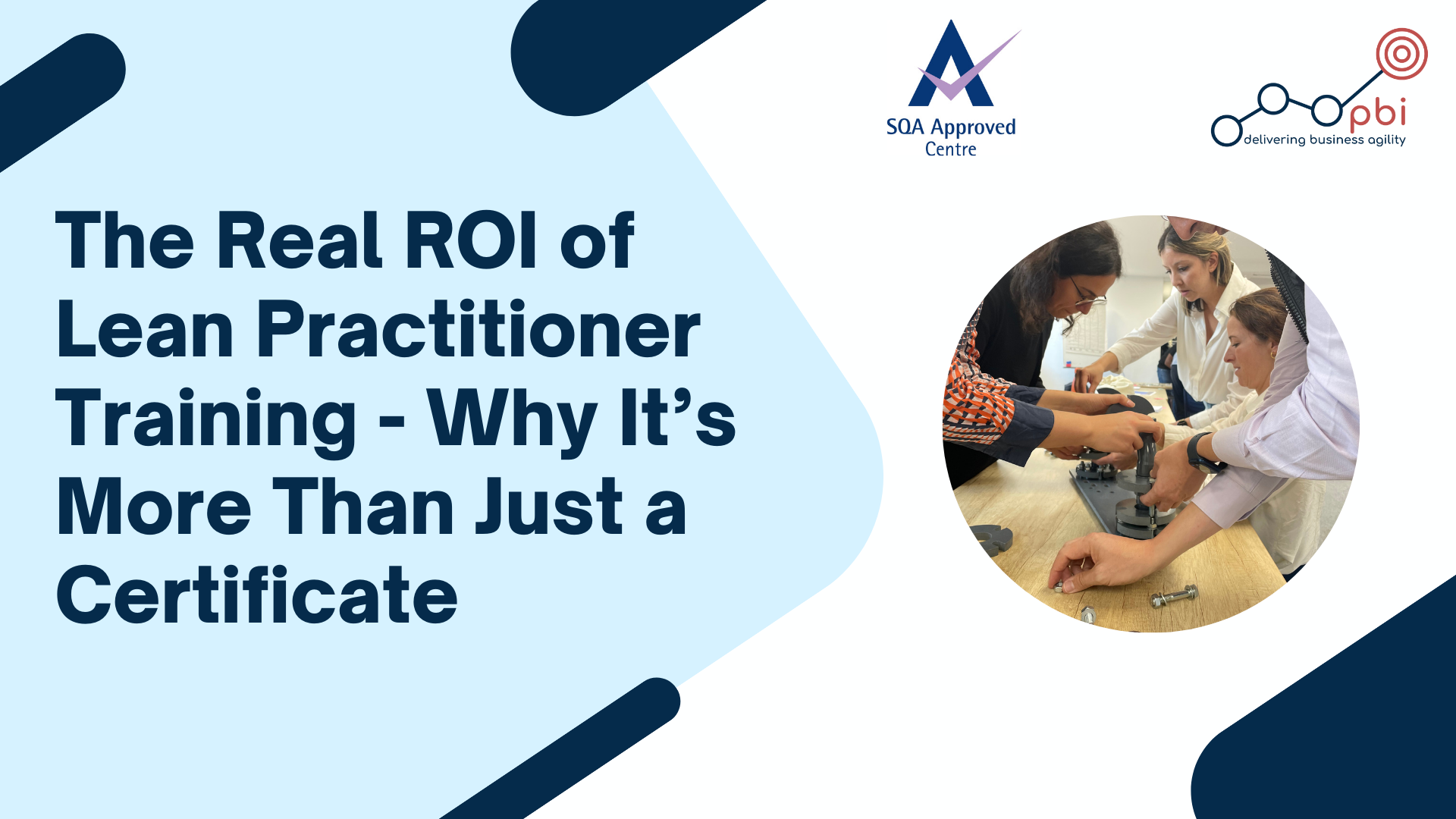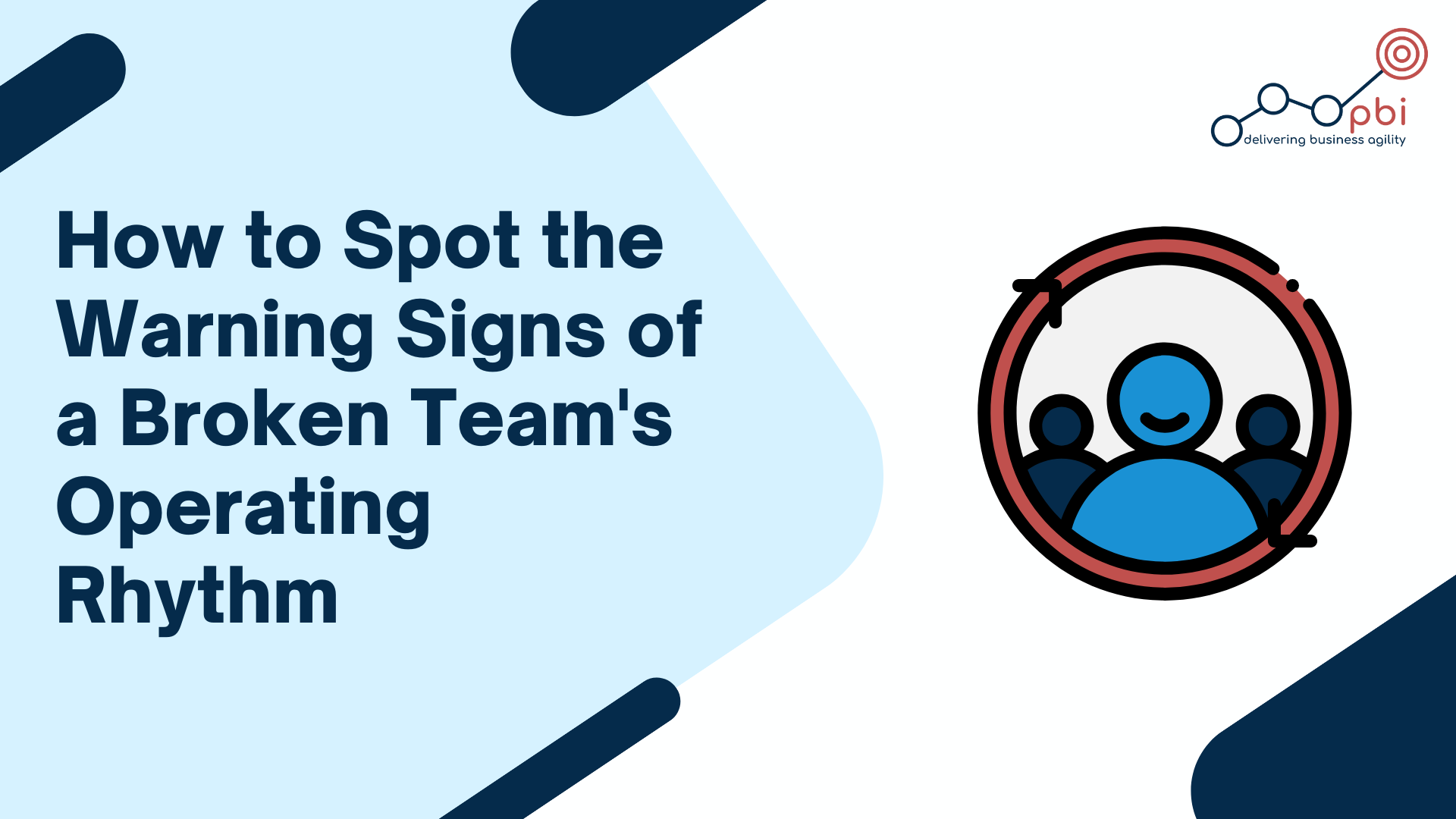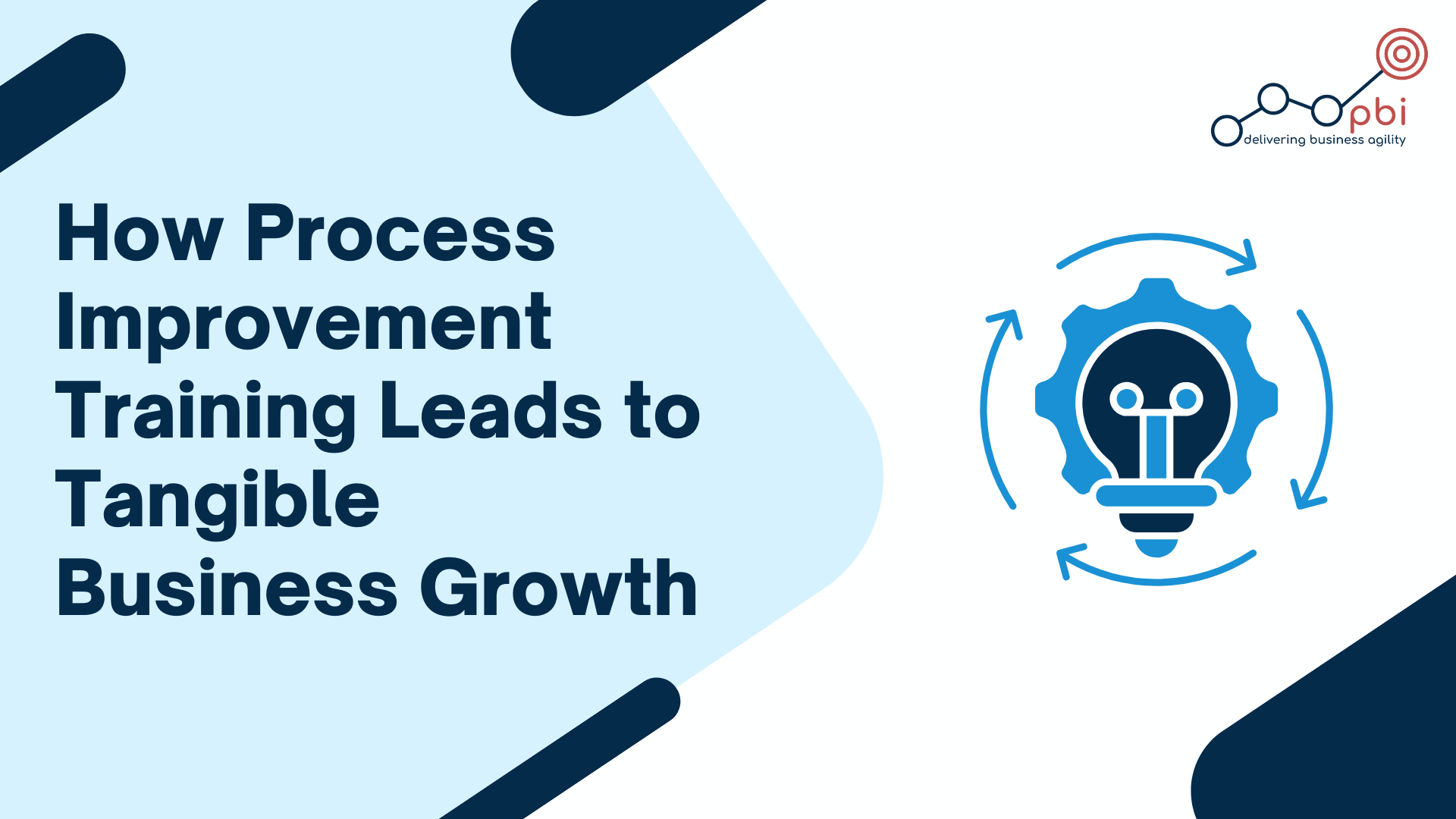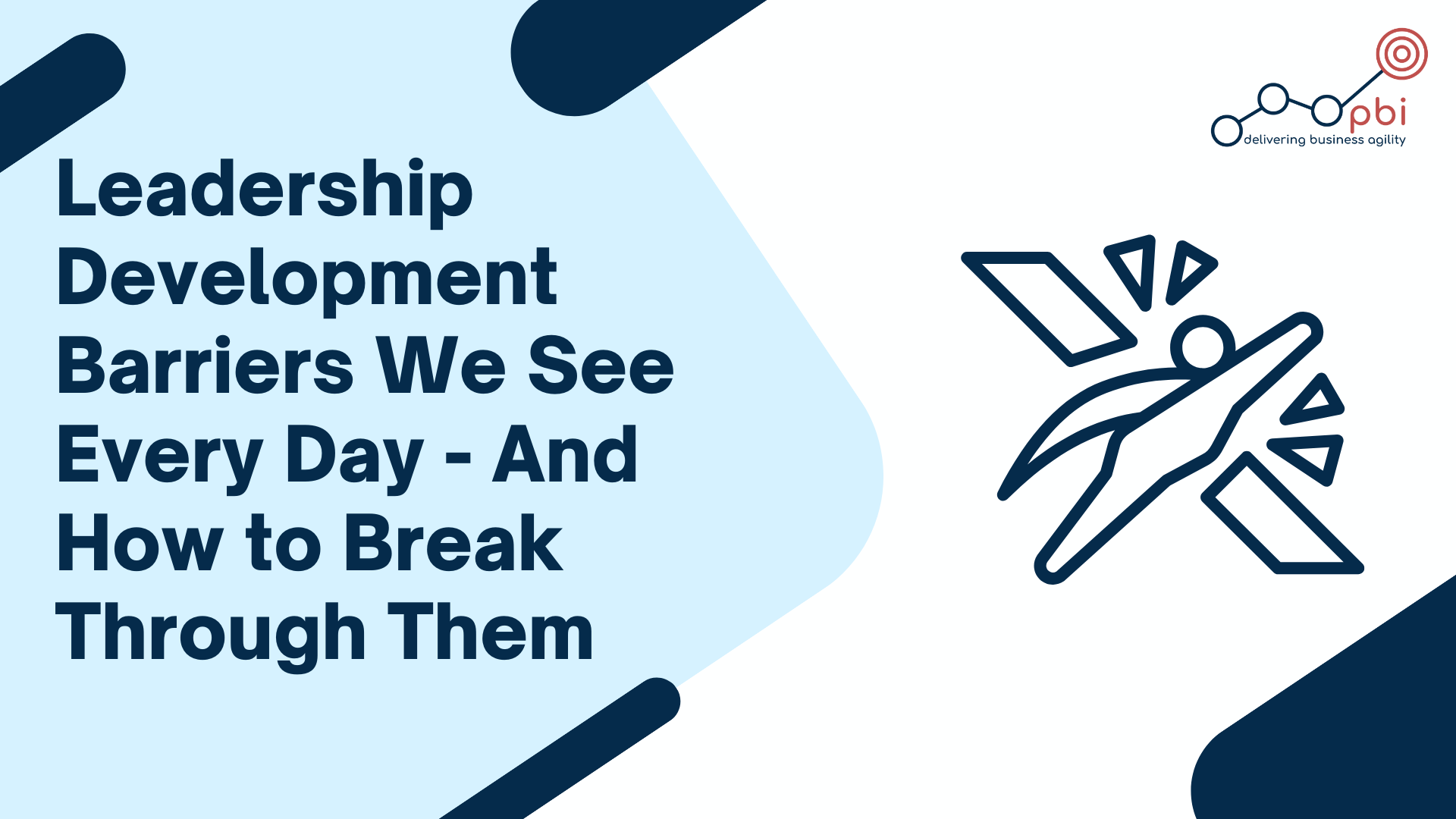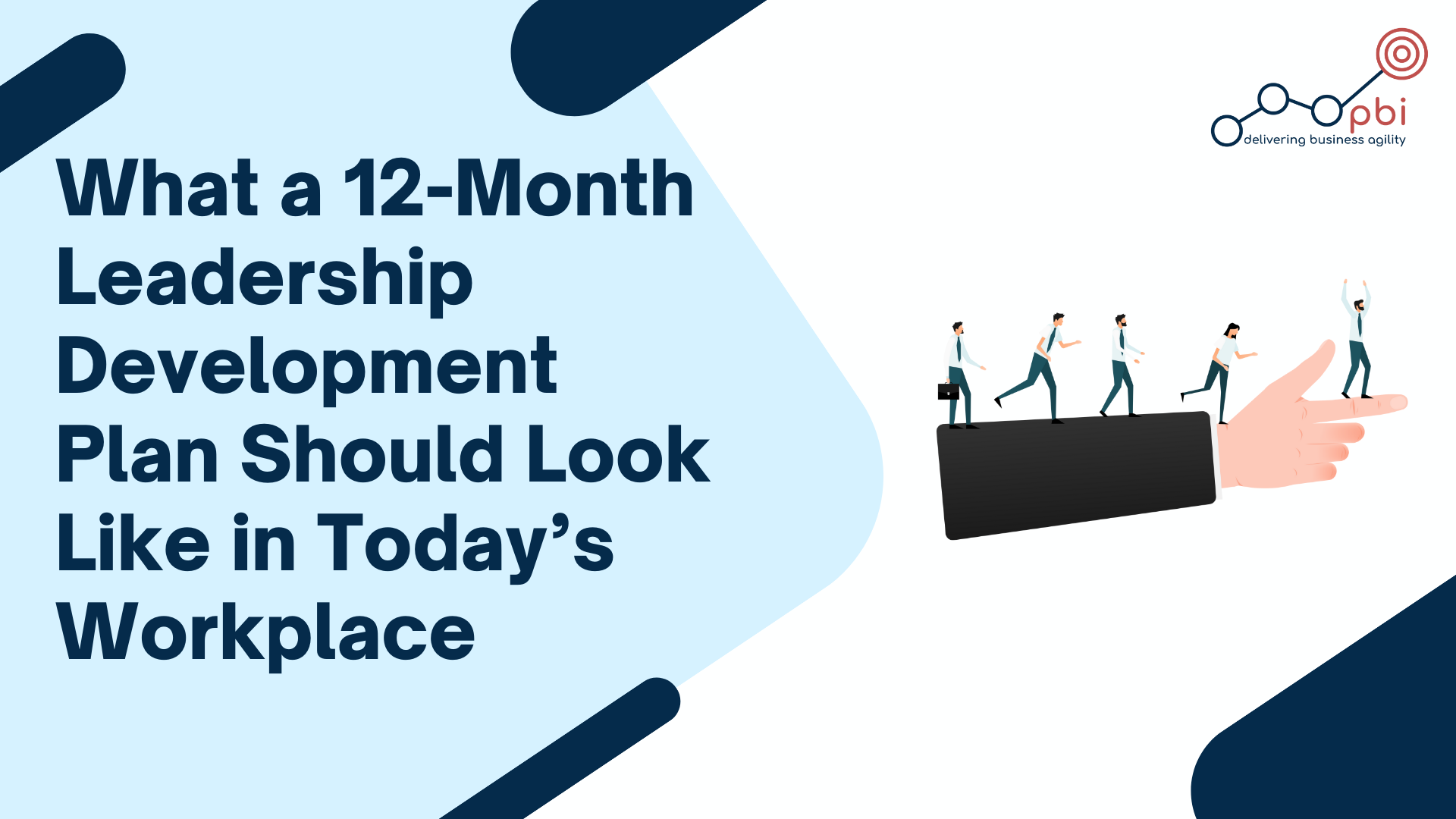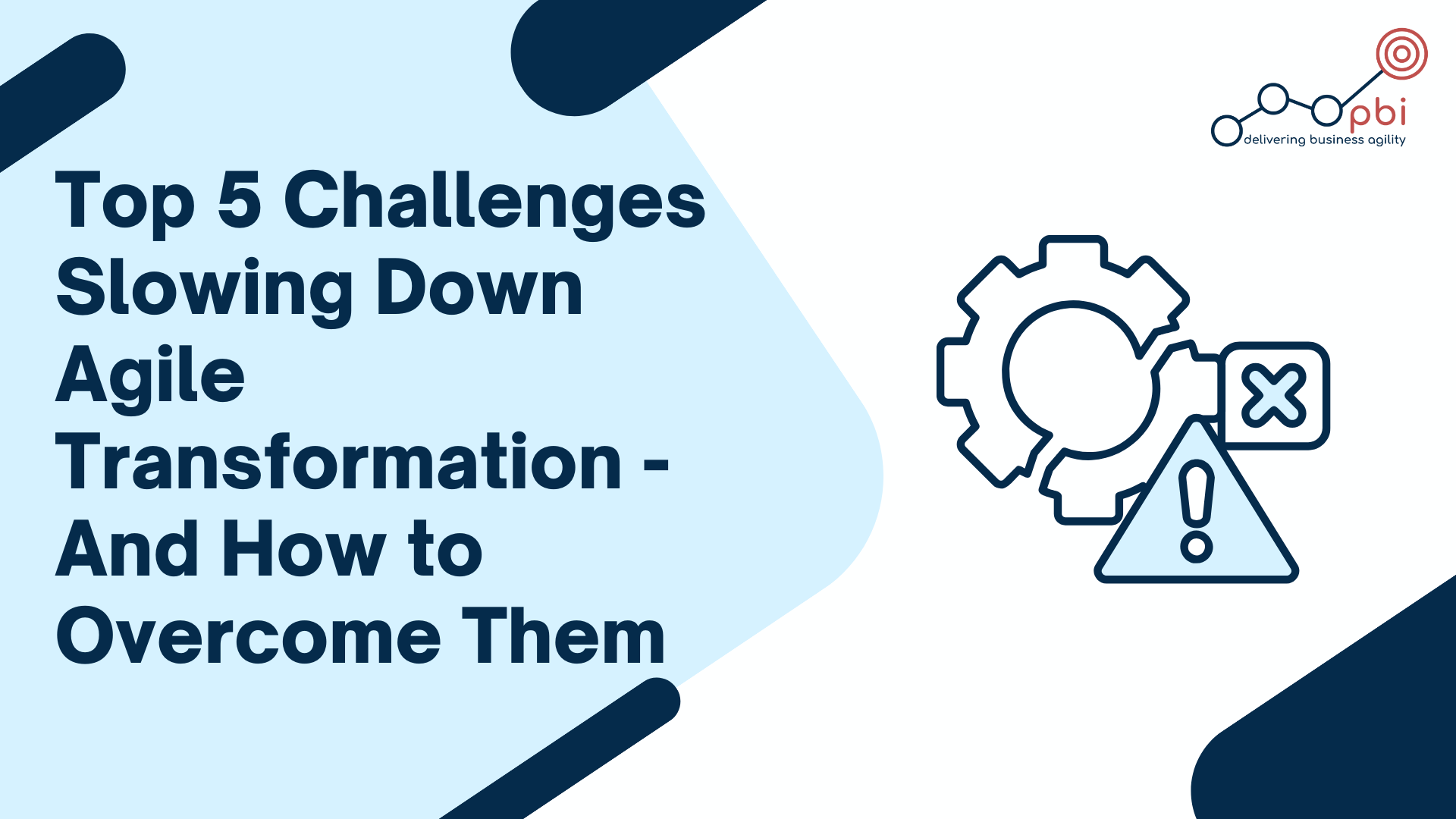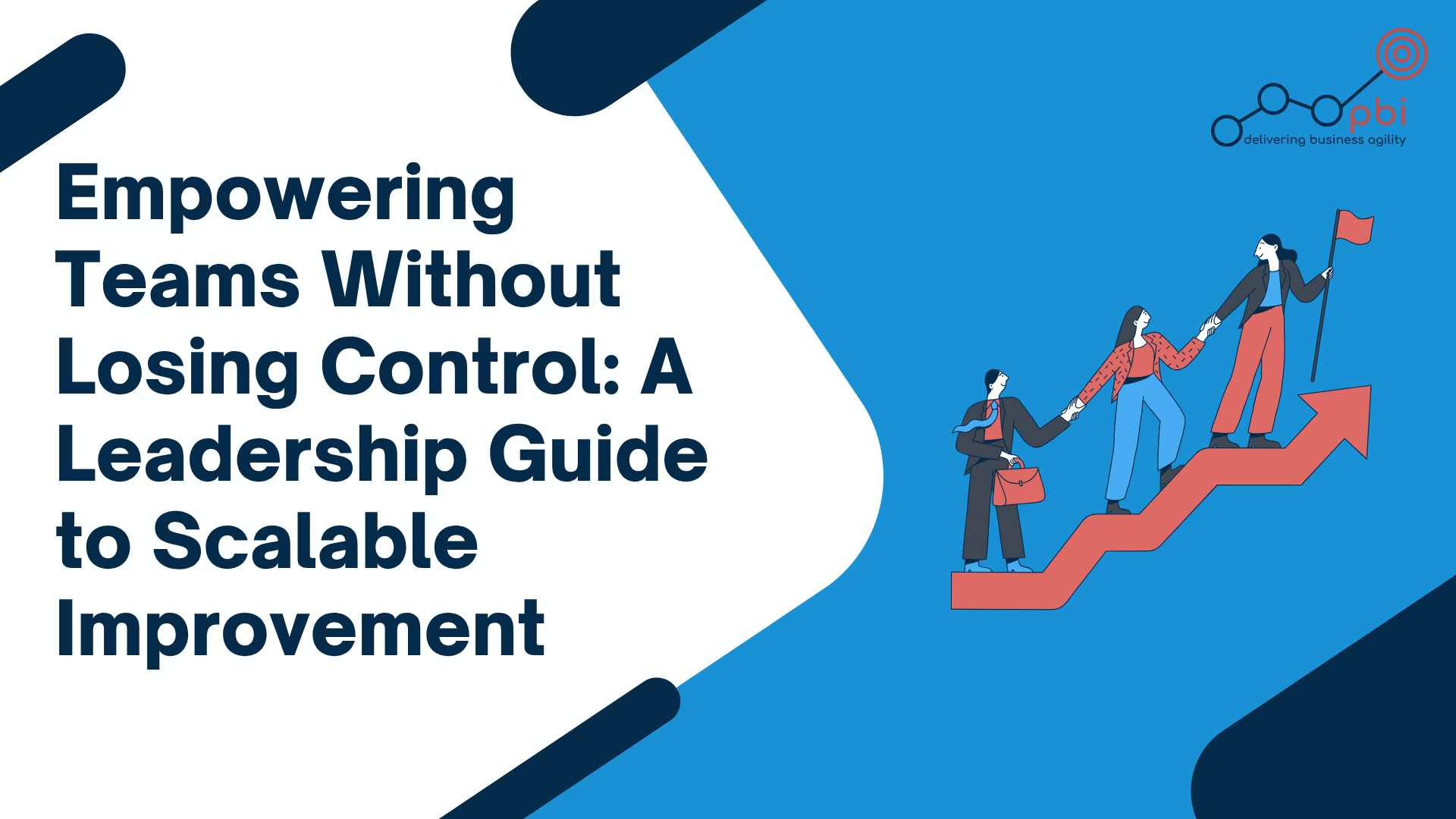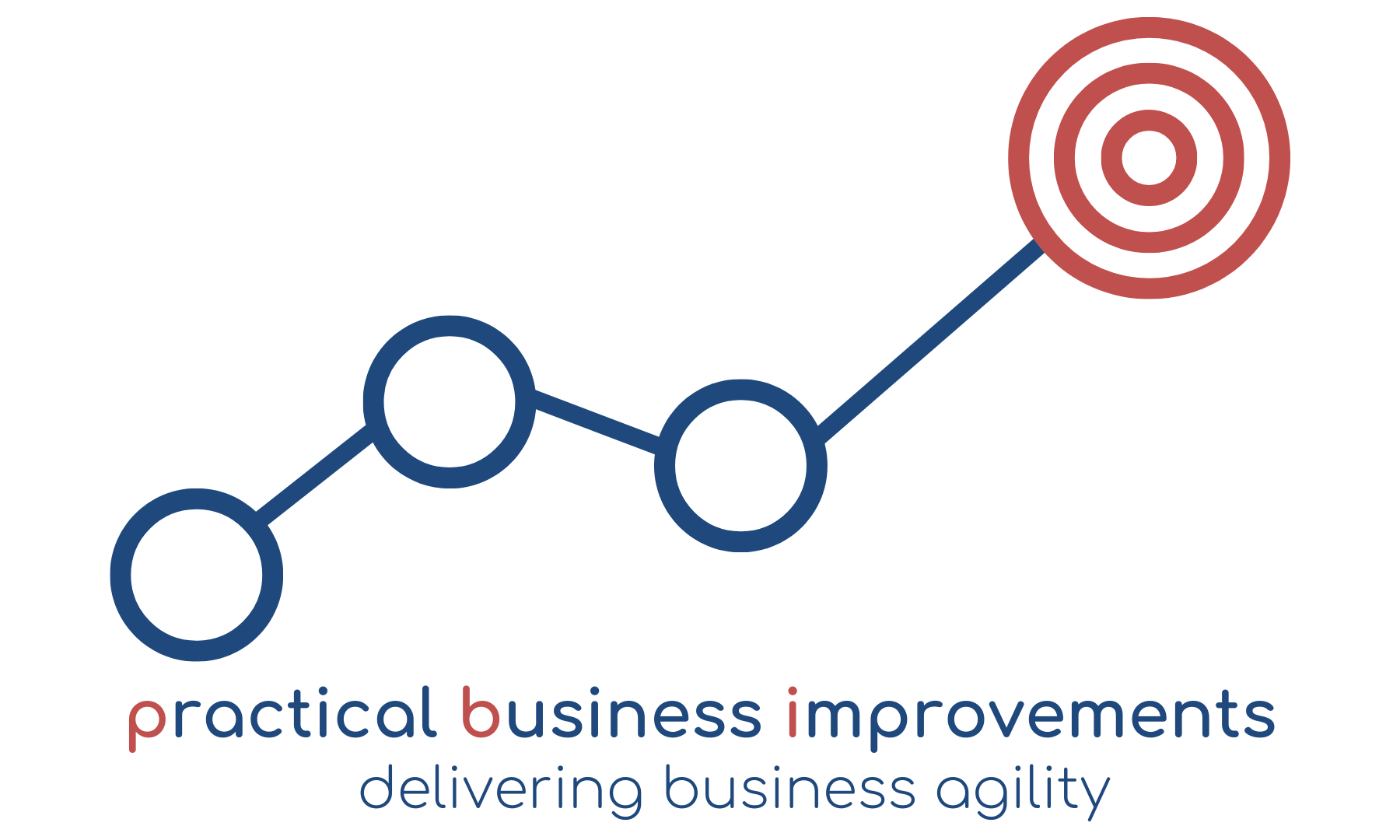From Insight to Impact: How Coaching Transforms Culture, Not Just Capability
1. Moving Beyond Skills Training
Many organisations view coaching as a way to boost individual skills, but the real power lies in how it shapes company culture. A well-designed coaching programme influences behaviours, decision-making, and collaboration at every level. At PBI, we focus on helping leaders and teams not only gain new tools but also embed them in ways that transform the way people work together.
2. Why Culture Matters More Than Capability Alone
Capability can be developed through training courses, workshops, and e-learning. Culture, however, is about what people do when no one is watching. It’s the shared values, norms, and habits that drive business performance. Without cultural alignment, even the most capable teams may fall into silos, resist change, or underperform.
3. The Link Between Coaching and Cultural Change
Through targeted coaching interventions, leaders and teams can internalise the behaviours needed for success. This means moving from simply “knowing” how to improve to making those actions part of the organisation’s everyday rhythm. Coaching encourages leaders to lead by example, cascade best practices, and reinforce a shared sense of purpose.
4. Building Internal Capability and Champions
One of the most effective ways to embed cultural change is by creating internal champions. These are individuals within the organisation who take ownership of driving new behaviours and ways of working. At PBI, we coach internal champions to:
- Facilitate workshops and Campaign Room sessions.
- Maintain momentum on improvement initiatives.
- Coach their peers, creating a self-sustaining cycle of cultural reinforcement.
5. From Insight to Impact - How Change Sticks
Lasting change requires more than an inspirational workshop. It needs consistent reinforcement, measurement, and visible leadership support. Our approach combines practical tools such as the Strategic Framework, Campaign Rooms, and visual management boards with ongoing leadership coaching to ensure changes stick long after the initial programme.
6. Real-World Example - Cultural Change in Action
Recent Warehousing Programme engagements saw us work closely with leadership teams to build internal champions, align behaviours, and introduce structured operating rhythms.
Within just three months:
- 90%+ of leaders had adopted the new meeting cadence and visual management approach.
- Cross-team communication scores in staff surveys rose by 23%, with comments citing improved clarity and accountability.
- Average meeting length was reduced by 28%, freeing up over 150 hours per month for productive work.
- Project delivery speed improved by 15%, driven by clearer priorities and reduced duplication of effort.
These results demonstrated that when leaders model the change they want to see, culture shifts faster and more effectively than with skills training alone.
7. Conclusion - Culture as the Real Competitive Advantage
Executive coaching and leadership development programmes are often measured by the skills gained. However, organisations that recognise the role of coaching in transforming culture stand to gain the most. By embedding shared behaviours, fostering accountability, and aligning the organisation around a common vision, coaching becomes a strategic lever for sustainable growth.
